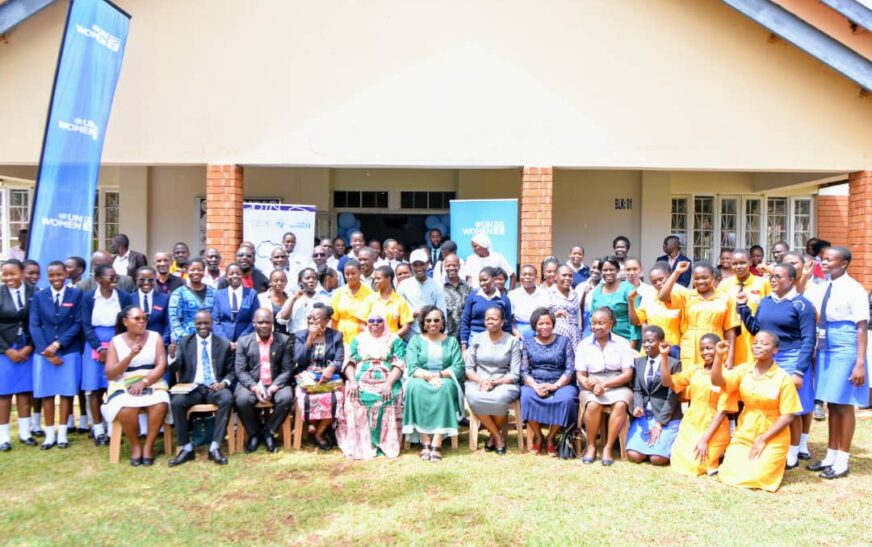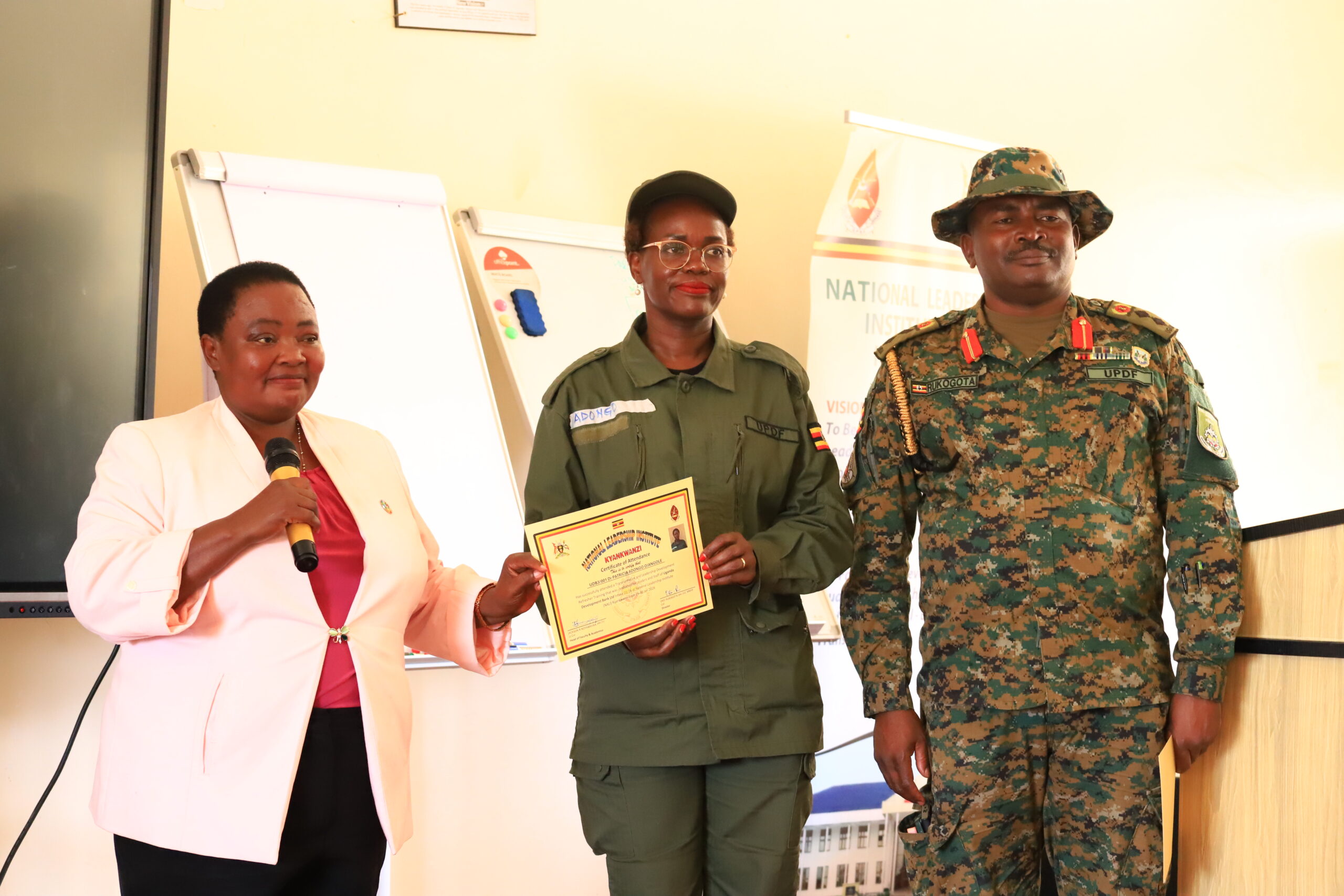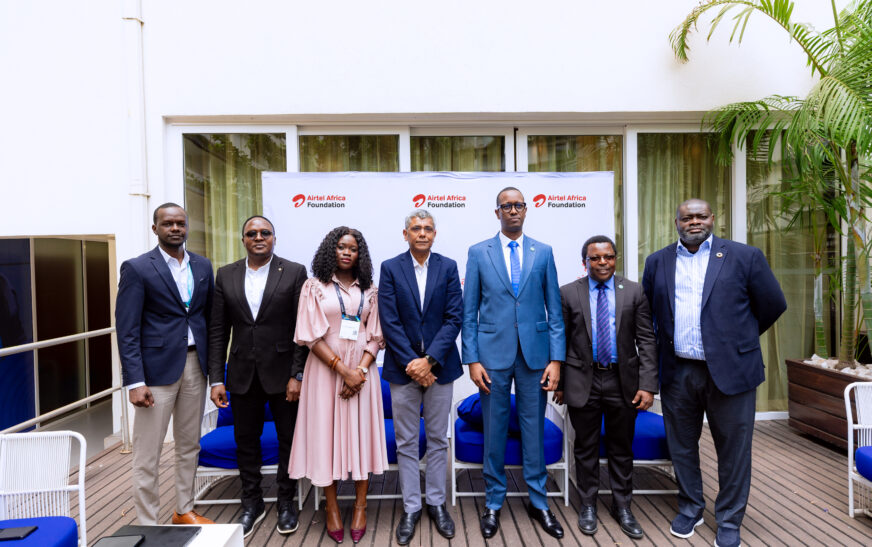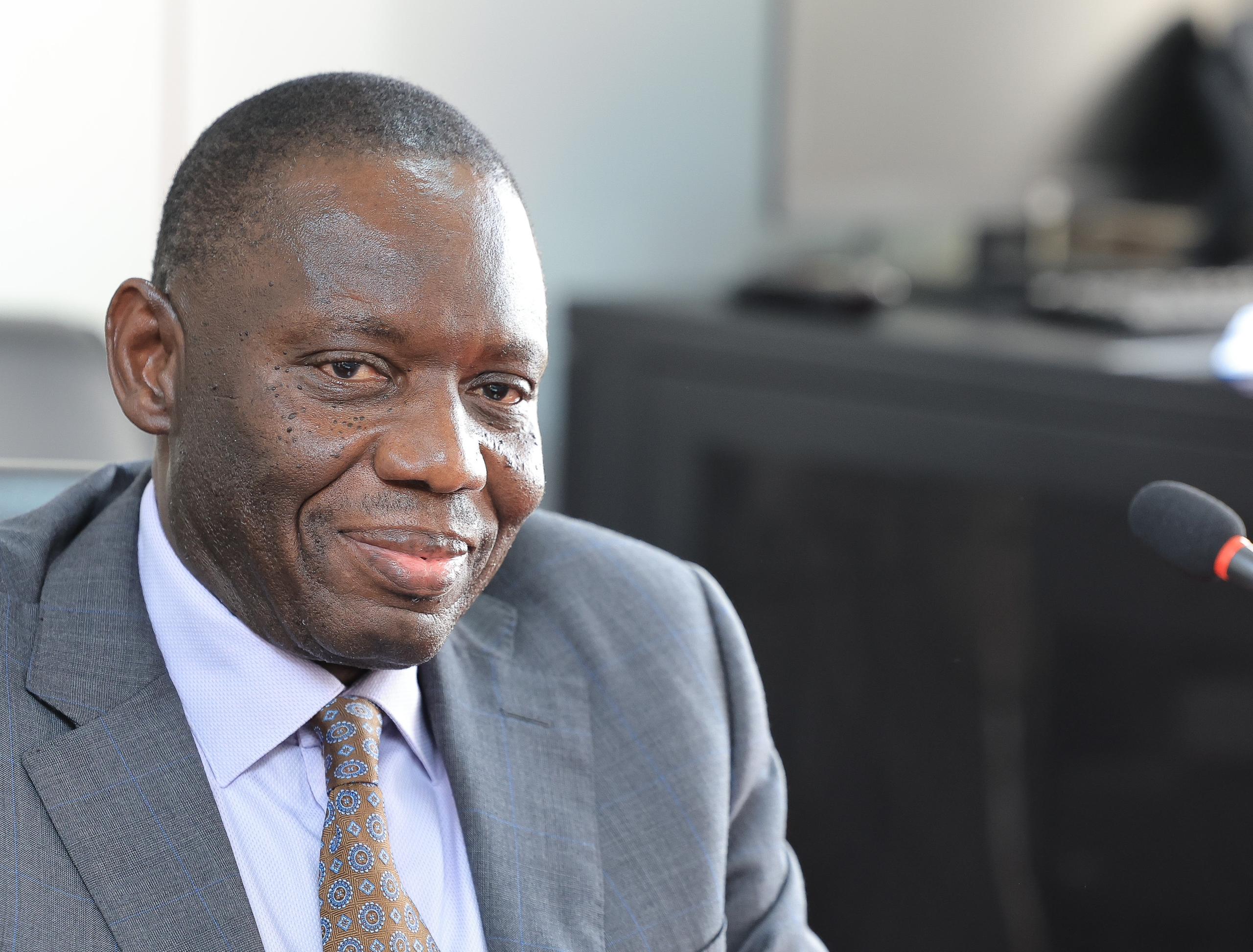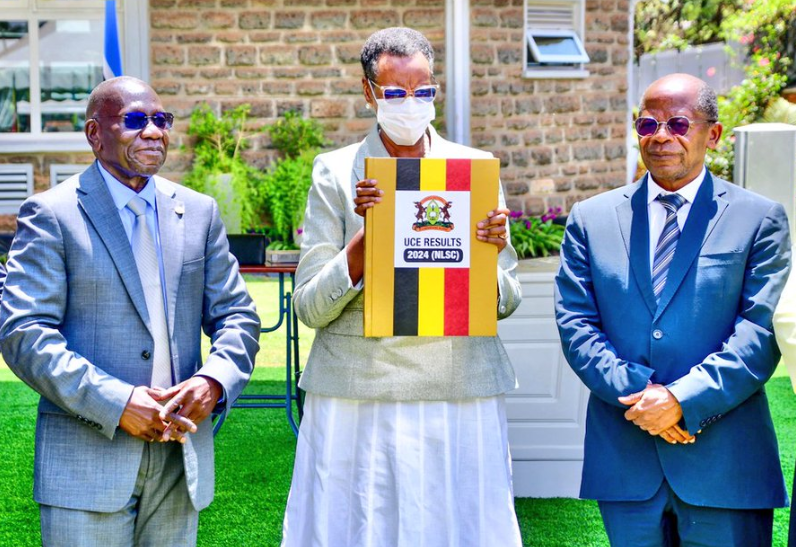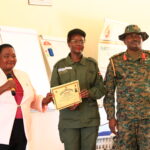UN Women, in partnership with the African Union Commission (AUC), the International Telecommunication Union (ITU), and with support from GIZ, has inaugurated the Eastern Region African Girls Can Code Initiative (AGCCI) ICT Hub at Wanyange Girls’ Secondary School in Jinja District.
The event marks a major milestone in advancing digital inclusion and empowering young women to thrive in the technology-driven economy.
The new ICT Hub equipped with 60 modern computers is designed to provide girls with hands-on training in coding, digital literacy, multimedia, and innovation. It will also serve as a mentorship and networking space linking AGCCI alumnae and current learners, and a creative hub for problem-solving and leadership development.
“When girls are given access to technology and opportunity, they don’t just participate they lead,” said Adekemi Ndieli, UN Women Country Deputy Representative. “This Hub symbolizes our shared commitment to bridge the gender digital divide and ensure girls are part of shaping Uganda’s digital future.”
In Uganda, only 26% of women are online, compared to 45% of men, a disparity that limits women’s access to education, innovation, and economic opportunities. The World Bank estimates that closing the gender digital divide in low- and middle-income countries could generate $524 billion in GDP over five years.
AGCCI directly addresses this gap by equipping girls aged 17–25 with digital and coding skills that prepare them for careers in ICT and STEM. The programme contributes to Sustainable Development Goals 4 (Quality Education) and 5 (Gender Equality) and supports Uganda’s Vision 2040, National Development Plan IV, and Africa’s Agenda 2063.
Since its inception in 2018, AGCCI has reached over 2,000 girls across Africa, including 240 young women in Uganda under Phase III. Many alumnae have gone on to establish ICT businesses, introduce technology courses in schools, and mentor peers in their communities.
Recent evaluations reveal inspiring outcomes: girls who had never used a computer are now designing websites and developing solutions to local challenges. Communities that were once skeptical of girls in ICT are now advocates for their inclusion. In Karamoja, female enrolment in vocational ICT programmes rose from 18 to 64, while in Lira, schools have introduced new ICT courses following community advocacy.
UN Women extended special appreciation to Deborah Basekanakyo, Head Teacher of Wanyange Girls’ Secondary School and President of the Association of African Secondary School Heads, for her leadership and commitment to empowering girls.
Just days before the launch, Ms. Basekanakyo led a delegation of students including AGCCI alumnae to the UN Women Uganda Country Office, where one of the girls symbolically took over the Country Representative’s role in celebration of the International Day of the Girl Child.
The inauguration was attended by representatives from the Ministries of Gender, Labour and Social Development; Education and Sports; and ICT and National Guidance, as well as local leaders from Busoga Kingdom, educators, parents, and development partners.
UN Women reaffirmed its commitment to expanding the AGCCI programme across Uganda through: Strengthening mentorship and alumni networks, Enhancing university partnerships, Documenting and amplifying stories of transformation an Mobilizing resources to establish additional regional hubs, including one in Western Uganda at Kyebambe Girls’ Secondary School.
“The AGCCI ICT Hubs are not just learning centers they are launchpads for innovation, leadership, and equality,” Ndieli added.

